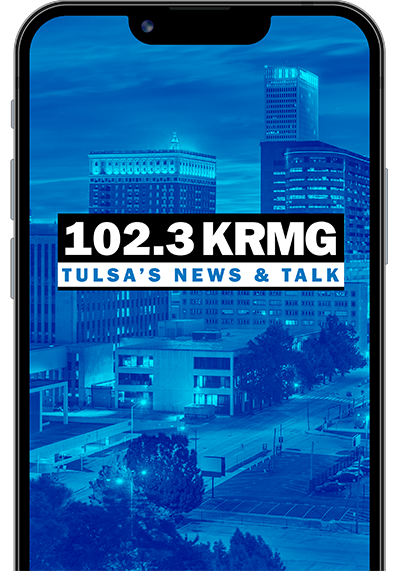TULSA, Okla. — Tulsa Mayor Monroe Nichols, City leaders, and Family & Children’s Services celebrated the integration of mental health clinicians in the City’s 911 Call Center on Monday.
According to the City’s announcement, a Family and Children’s Services clinician will now be staffed at the City’s 911 Call Center 24/7 to serve as a counselor and mental health support aide.
The announcement said that the City of Tulsa and representatives from Family & Children’s Services’ Community Outreach Psychiatric Emergency Services (COPES) program have “soft-launched mental health triage operations” at the 911 Call Center since February.
“I’ve talked a lot about how we’re trying to make Tulsa the safest big city in the country, and this new mental health partnership is going to be one of the ways we do that,” Mayor Nichols said. “I am so proud of our 911 dispatchers and I’m incredibly excited to give them and our public safety teams the help they need to divert calls and get people the real help they need.”
The mental health clinicians will help answer calls that are mental health-related and may not require a response from the police department, fire department or EMSA.
“Those who call 911 during a mental health crisis need to be connected to qualified personnel, who can assess and appropriately treat their needs,” Council Chair Phil Lakin, Jr. said. “We could not provide these services without our valuable partner, Family and Children’s Services, which manages the program and personnel, allowing Police, Fire and EMSA to be more responsive and proactive in protecting and serving Tulsans. The Council will remain focused on public safety enhancements like these to provide services more efficiently and effectively.”
This integration does not take the place of COPES itself or the Suicide and Crisis Hotline, the City of Tulsa said in the announcement.
“Our 911 dispatchers have some of the hardest jobs in the City, and I’m just so proud of their contributions and commitment to being that first point of contact for those who need help in Tulsa,” Public Safety Commissioner Laurel Roberts said. “With the incredible work of our teams, now combined with the work of these dedicated COPES clinicians, we are inching closer to making Tulsa the safest big city in the country and a city that prioritizes mental health in everything that we do.”
The Tulsa Police Department created a dashboard detailing the total number of calls to 911, in addition to calls with mental health triage statistics, the City said. Statistics will be updated monthly and can be found here.
“This partnership between Family & Children’s Services and Tulsa’s 911 public safety center exemplifies FCS’s mission as a mental health provider and purpose as a CCBHC by addressing the immediate mental health needs of Tulsans in crisis while reducing the strain on first responders and law enforcement,” said Adam Andreassen, CEO of Family and Children’s Services. “By integrating mental health professionals into the 911 dispatch system, FCS can provide the most appropriate service when time is critical.”
City leaders also honored 911 dispatchers in celebration of National Public Safety Telecommunicators Week at Monday’s news conference.
Tulsa City Council Vice Chair Karen Gilbert joined Mayor Nichols in presenting a joint proclamation to mark the nationwide celebration that recognizes and thanks public safety telecommunicators for their work in answering emergency calls and providing vital support to first responders, the City said.
“Tulsa’s 911 dispatchers work tirelessly during the most critical moments in people’s lives, and I’m honored to celebrate their incredible and essential role in our community,” Gilbert said. “Their dedication, compassion, and quick thinking truly make them the unseen heroes, and we are immensely grateful for everything they do.”
Tulsans can reach COPES when they call (918) 744-4800.
The Suicide and Crisis Hotline can be reached at 988.
For more information about COPES, click here.







